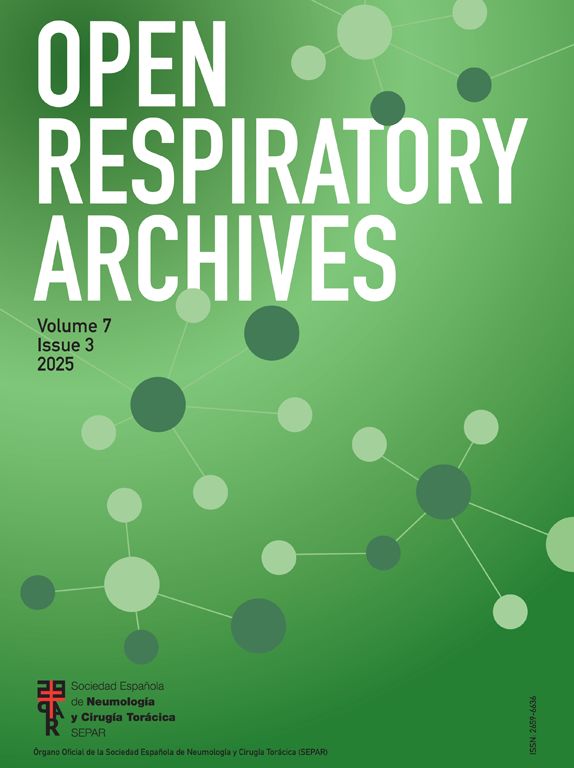The data provided by the health surveys in Spain show a pessimistic reality in tobacco control. Currently, according to the European Health Survey, the percentage of Spaniards over 15 years of age who are daily smokers is 23.3%.
The prevalence of smoking increases at the expense of the incorporation of new smokers and the maintenance of addiction in a percentage of them who do not receive the most optimal treatment to quit smoking.1,2 The Eurobarometer survey reveals a reduction in the number of smokers who make a serious quit attempt with drugs against nicotine addiction (cytisine, nicotine replacement therapy, varenicline and bupropion),3 those susceptible, have managed to triple the probability of smoking cessation.4 Recently, an observational study on the clinical experience with cytisine in 105 smokers carried out in several Stop-Smoking Units of different complexity in Spain shows a continuous abstinence of 80% during the first month, few side effects and a high level of satisfaction (77%). In addition, it is a drug with good digestive tolerance with a percentage of nausea (12%) lower than other pharmacological treatments with similar characteristics, such as varenicline.5
Despite this, there is a growing trend in the use by smokers of other unsafe methods and without sufficient scientific evidence, but very easily accessible, such as electronic nicotine delivery devices.2 This finding worsened in the last year as a consequence of several events, among which the decisions of the European Medicines Agency to consider as unacceptable nitrosamine levels of drugs against nicotine dependence much lower than those containing tobacco and nicotine delivery devices, the lack of financing for these or the limited supply to a smoking cessation service staffed with trained health personnel. All this reduces the treatments available to the health professional and makes it difficult for a smoker to make a successful quit attempt, especially those with low economic resources, a condition of poverty closely associated with smoking. There is also variability in support for smoking cessation between the different regions.
All these arguments make it necessary to apply a new national legislation that is firmly committed to the treatment of tobacco use disease as a benefit of the national health systems, building an accessible and equitable model of care for smokers.
FundingThe author declares that he has not received funding through public or private funds for the preparation, review and approval of the manuscript.
Authors’ contributionsCarlos Rábade-Castedo has prepared and review the article.
Conflict of interestCarlos Rábade-Castedo has received fees for presentations, sponsored courses, and participation in clinical studies from Aflofarm, Chiesi, GSK, Menarini, Mundipharma, Novartis, Pfizer, and Teva.




